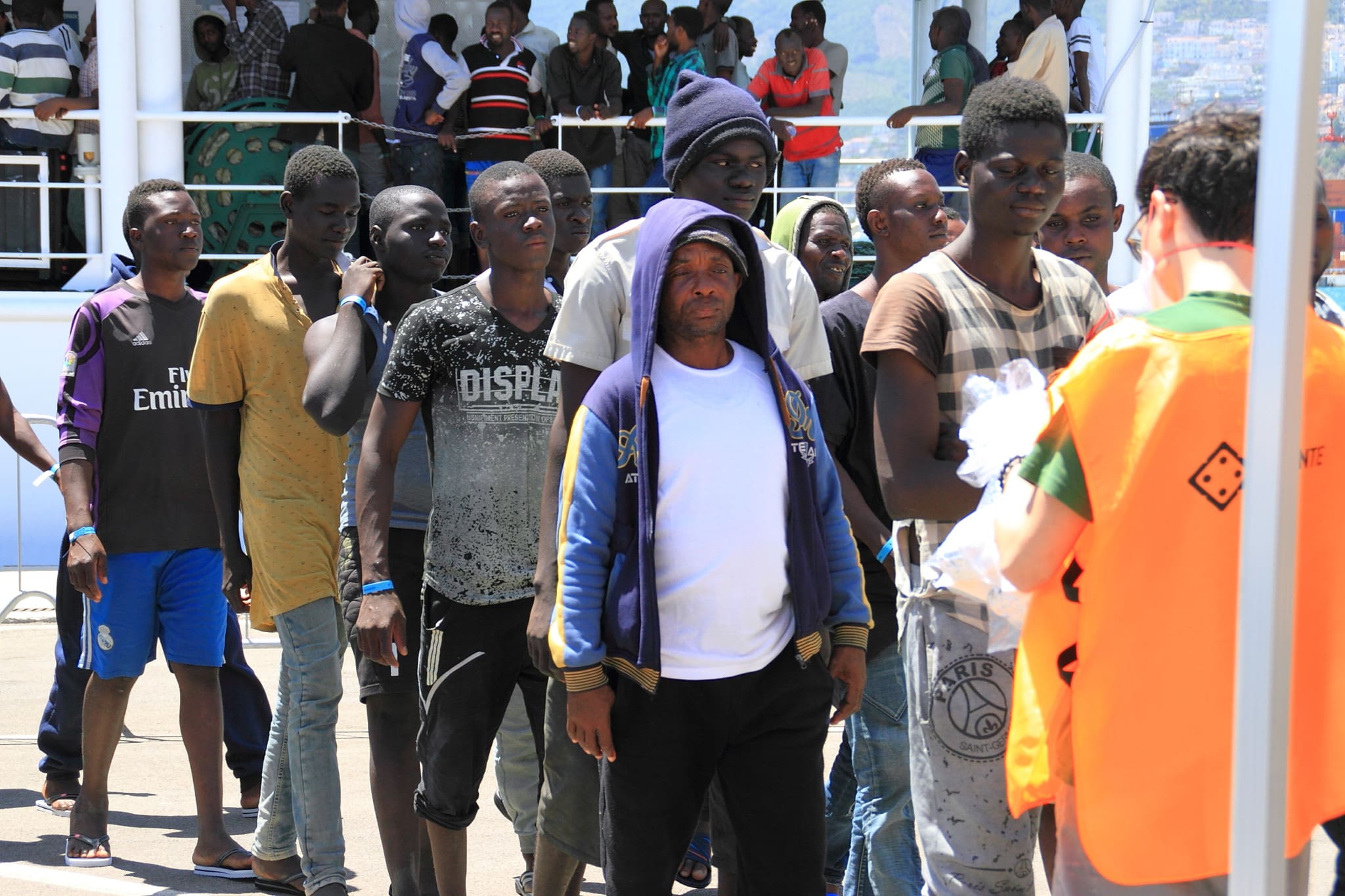Poland and Hungary opposed the EU’s migration pact for the compulsory relocation of migrants. The Polish liberal opposition has rushed to argue that this opposition is unnecessary, as Poland has already received millions of war refugees from Ukraine and the pact will not apply to it.
The trouble is that this is not true.
The mechanism for derogation from the migration pact is totally discretionary. A member state will have to apply and will be assessed under 30 different criteria, including the evaluation of that country’s level of cooperation with the EU’s border agency Frontex. This is the very same agency that demanded Poland hand over the control of its eastern border to the agency.
German Chancellor Olaf Scholz, in his remarks to the Bundestag, has revealed what is really behind the EU’s migration pact. He said the pact was good for Germany, as it will help to reduce the migration burden on the country.
This simply confirmed what the German media have been saying for some time, that the pact will allow Germany to hand over some of its migrants to other EU member states.
Scholz has simply reiterated the maxim that what is good for Germany is good for Europe, regardless of the fact that EU treaties are being violated and that his own country has unilaterally violated decisions taken by the whole of the EU over asylum claims.
This is why the referendum on the EU migration pact needs to be held in Poland this autumn. So the Polish government will have strong arguments in the debates that lie ahead inside the EU’s institutions.






